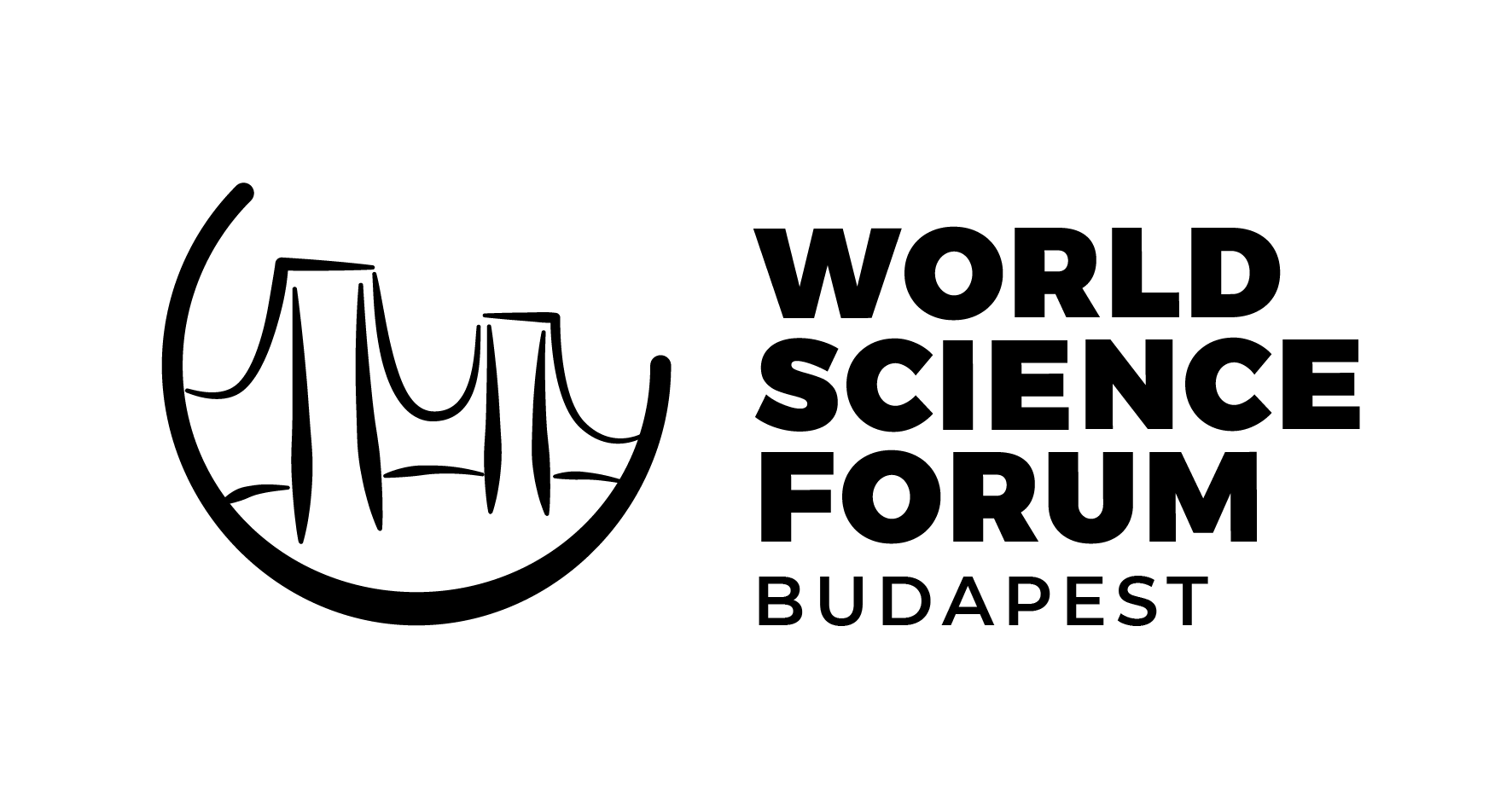Programme / Plenary Session III. The Ethical Conduct of Science
‹ back to Programme listerDay 3
Friday / 22 NOV
9:30 - 11:00
Professor Milica Momcilovic opened the session and welcomed the speakers and audience to the meeting.
Professor Sheryl Hendriks, the invited keynote speaker, in giving a broad picture of the main components of the ethical conduct of science with her exceptional lecture, drew our attention to the following:
- The ethics of being a scientist is not only relegated to the study of animals and humans;
- the importance of the competition we experience in scientific activities (competition at personal and constitutional levels);
- we need evidence-based research and ethical behaviour, as well as discussions about and policies on the ethical conduct of science;
- the factors that have a very strong influence on researchers and scientists to push us beyond the boundaries of ethics;
- the political, economic and social burdens imposed by our societies and technology on ethics in science;
- the importance of conflicting and contradictory evidence in research;
- the very high responsibility of policy influence in ethics.
She emphasised that the common aim of WSF meetings and the community of scientists, policy makers and societies of the world is to invite scientists and representatives from private and governmental sectors to a multidisciplinary table to find the best methods in research activity and to improve ethical behaviour.
During Plenary session III – after resuming their discussion regarding the introductory keynote lecture (equality/inequality of minorities in science, science’s non-homogenous nature, the importance of interdisciplinarity, the current Hungarian example of politicised science, local/global perspectives, ethics of artificial intelligence) – the speakers reflected on thoughts which emerged and were mentioned in the keynote speech and in their own lectures by giving examples from their research fields.
Professor Indira Nath emphasised the role of global responsibility in ethics in science, the lack of unified ethical regulations, and the urgent need for globally-regulated methodologies in special fields of science (for example, in human embryo implantation).
Professor Li Zhenzhen described some very special examples in her lecture, discussing when research aims and methodologies can be accepted at the local level but not the global level, and highlighting that ethics has played only a marginal role in science.
Professor Quarraisha Abdool Karim urged the initiation of a more active conversation between science and community, and emphasised the importance of global solidarity and the popularisation of science.
Professor Chieko Asakawa, in discussing her personal experiences and thoughts on disabilities, spectacularly presented the right of disabled people to real word accessibility, which can be supported by artificial intelligence, welcoming innovations in this field.
Professor Michael Saliba summed up the importance of personal and institutional conduct in ethics in the development of ethical behaviour. The present status of the scientific market does not allow researchers and scientists to participate in science as real consumers in a free market, so he encouraged the establishment of scientific bodies, communities and collaborations to fight against increased prices and expenses in science.
Rapporteur: Annamária Zsákai, Associate Professor, Eötvös Lorand University
Moderator:
Speakers:
- Indira Nath, Professor, Indian Academy of Sciences
- Quarraisha Abdool Karim, Associate Scientific Director, Centre for the AIDS Program of Research in South Africa (CAPRISA)
- Chieko Asakawa, IBM Fellow, IBM Research
- Li Zhenzhen, Professor, Institutes of Science and Development, Chinese Academy of Sciences
- Michael Saliba, Professor, Technical University of Darmstadt, Junge Akademie, Global Young Academy
Rapporteur:
Video:
https://mta.videotorium.hu/en/recordings/35303/plenary-session-iii-the-ethical-conduct-of-science
